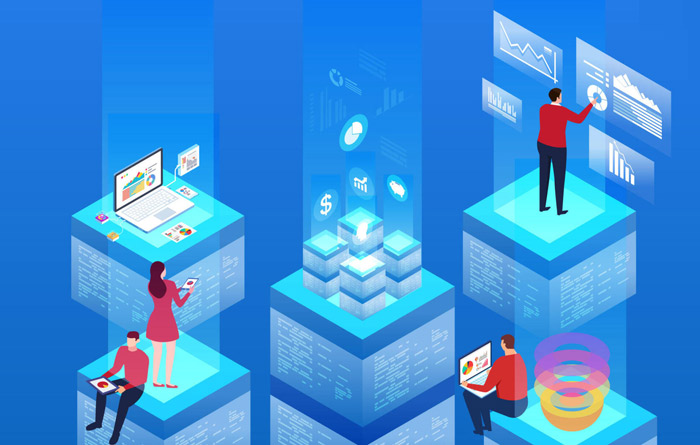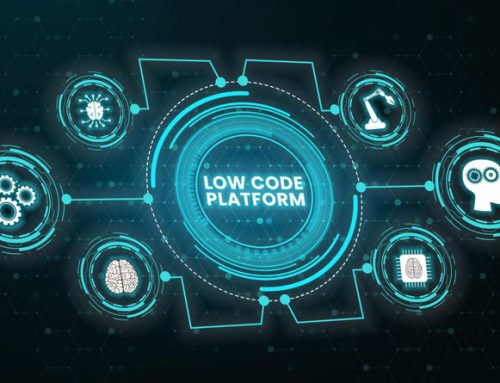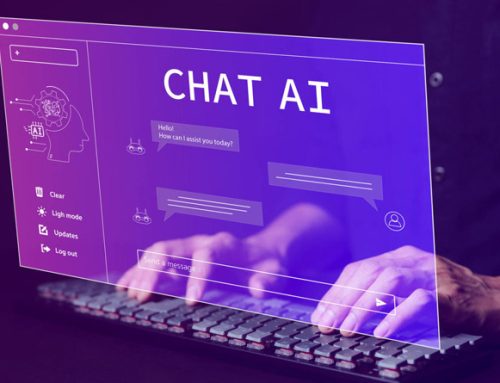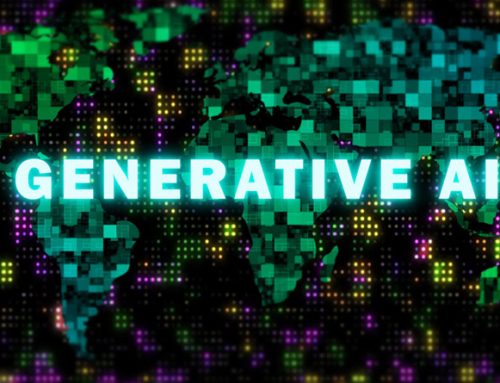Software testing has come a long way since its inception, evolving to meet the ever-increasing demands of the technology landscape. As we move into the next generation of software development, software testing is undergoing a transformation to keep pace with the changing requirements of modern software. In this article, we will explore the concept of “Next Generation Software Testing” and the challenges and solutions that come with it.
The Changing Landscape
The next generation of software development is marked by rapid technological advancements, including cloud computing, artificial intelligence, DevOps, and continuous integration/continuous delivery (CI/CD) pipelines. These advancements require software testing to adapt and become more efficient, comprehensive, and integrated into the development process.
Challenges of Next Generation Software Testing
Increased Complexity: Next-generation software is more complex, with diverse platforms, devices, and technologies. Testing software across this heterogeneous landscape can be challenging.
Faster Release Cycles: With CI/CD pipelines, software is released more frequently. Traditional testing methods struggle to keep up with these accelerated release cycles.
Automation Requirements: Automation is key to next-generation software testing. Test scripts must be developed to cover a wide range of scenarios, making test automation crucial.
Big Data and AI Integration: Many modern applications rely on big data and AI. Testing these components requires specialized skills and tools.
Security Concerns: As cyber threats become more sophisticated, security testing is essential. Next-generation software testing must focus on identifying vulnerabilities and addressing them proactively.
Solutions for Next Generation Software Testing
Test Automation: Implement test automation tools and practices to increase testing efficiency and coverage. Automated tests can be run quickly and consistently, enabling faster release cycles.
Shift-Left Testing: Move testing earlier in the development process to catch defects as soon as they are introduced. This approach reduces the cost and time required to fix issues.
Continuous Testing: Integrate testing into the CI/CD pipeline to ensure that every code change is tested automatically. Continuous testing helps maintain product quality throughout the development process.
AI and Machine Learning Testing: Utilize AI and machine learning to enhance testing by identifying patterns, predicting potential issues, and automating test case generation.
Security Testing: Implement robust security testing practices, including penetration testing, code review, and threat modeling, to safeguard applications against cyber threats.
Performance Testing: Ensure that applications perform well under various conditions, including heavy loads, by conducting comprehensive performance testing.
Testing in Production: Implement techniques like canary releases and feature flags to test in real production environments while minimizing risks.
Collaboration and Communication: Promote close collaboration between development, testing, and operations teams to create a shared responsibility for quality.
Skill Development: Invest in training and upskilling your testing team to adapt to the evolving landscape of software testing.
Conclusion:
The next generation of software testing is a dynamic and essential component of modern software development. It must address the challenges posed by increased complexity, faster release cycles, automation requirements, big data, and security concerns. Solutions such as test automation, shifting left, continuous testing, and leveraging AI and machine learning are key to meeting these challenges head-on. Embracing these changes and staying ahead of the curve in software testing will be critical for delivering high-quality software in the future. Software testing is no longer just a phase at the end of development; it is an integral part of the entire software development lifecycle.
Unleash the full potential of your software testing expertise by embracing an enriching opportunity to learn and grow by joining UNICOM Learning’s esteemed flagship conference World Conference Next Generation Testing 2023 (WCNGT) on 23 November in Bengaluru, India.






